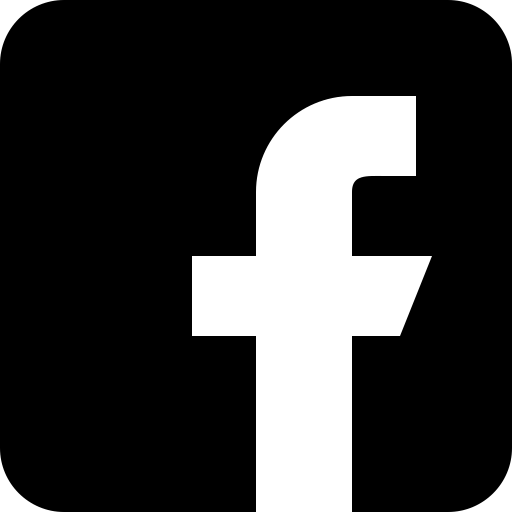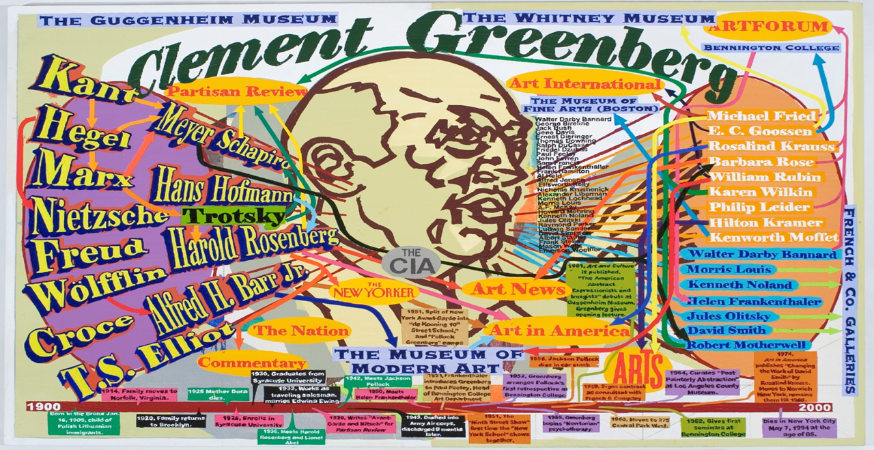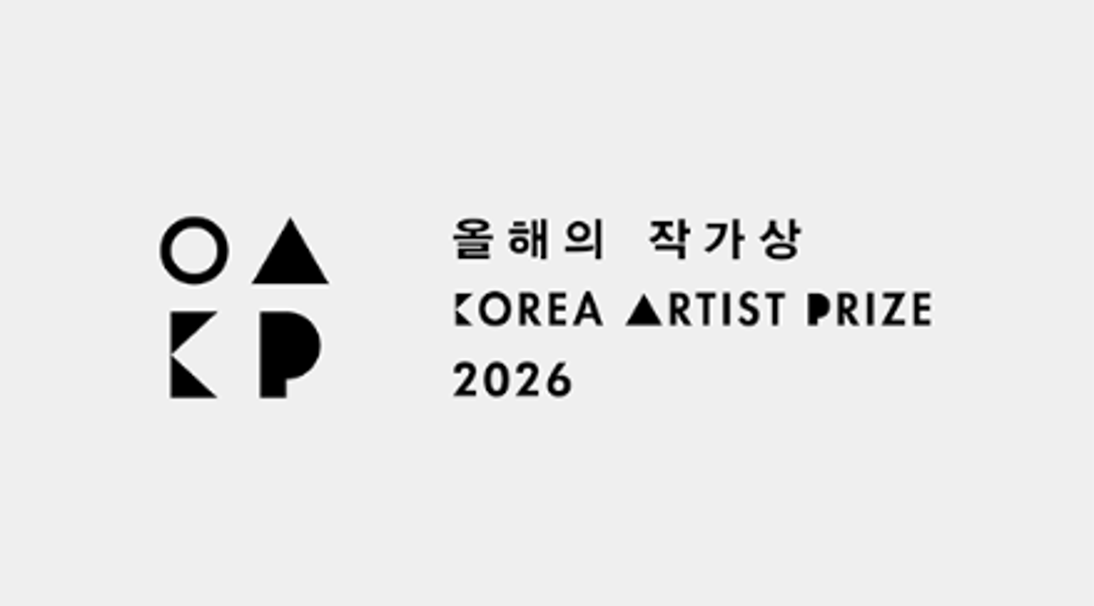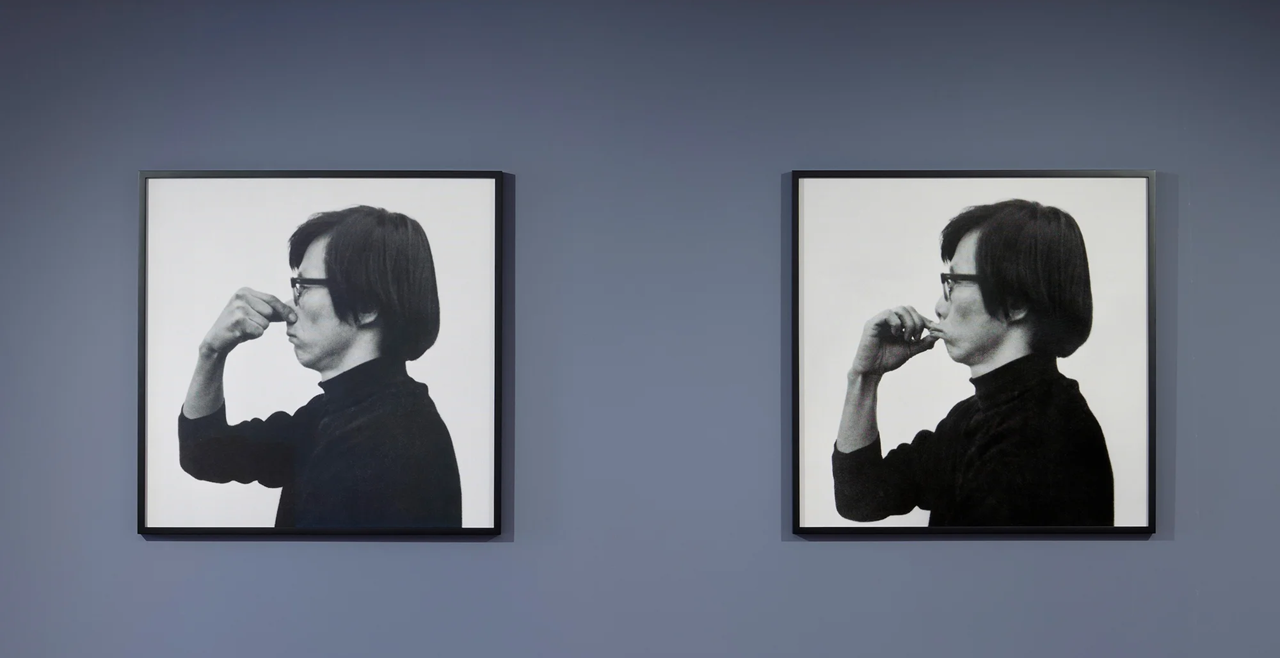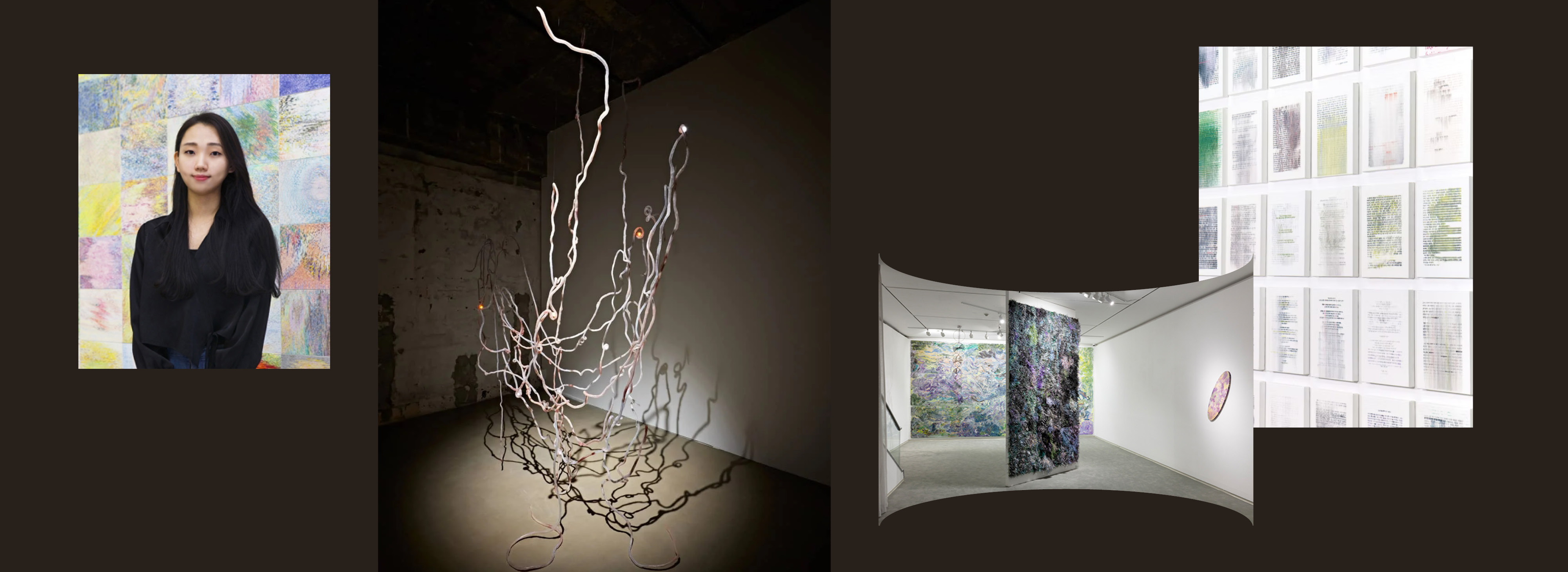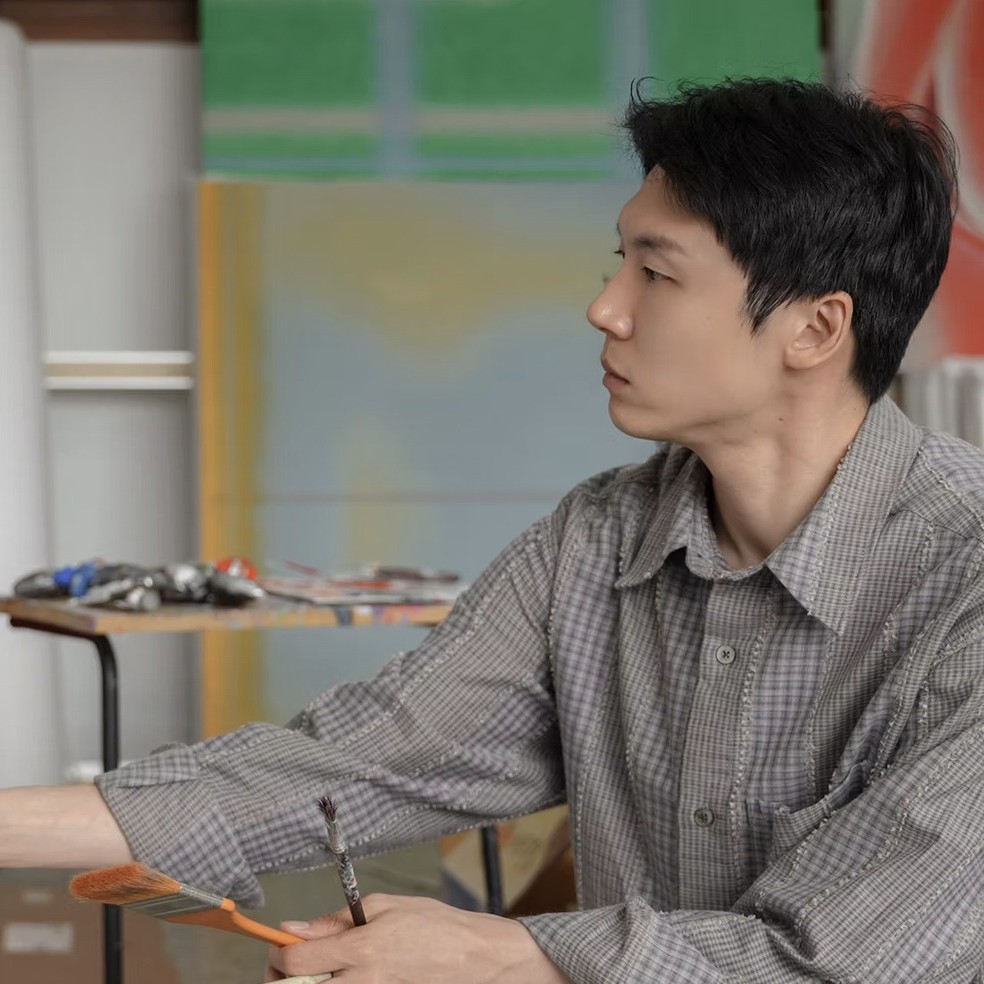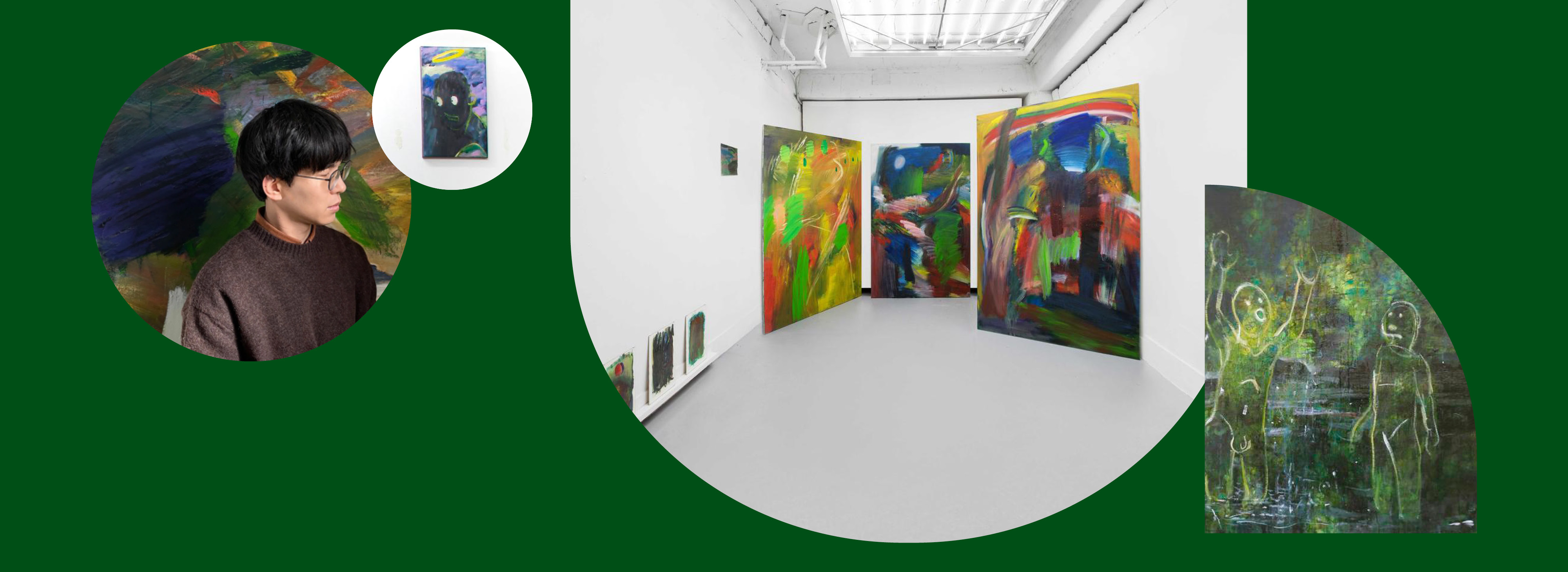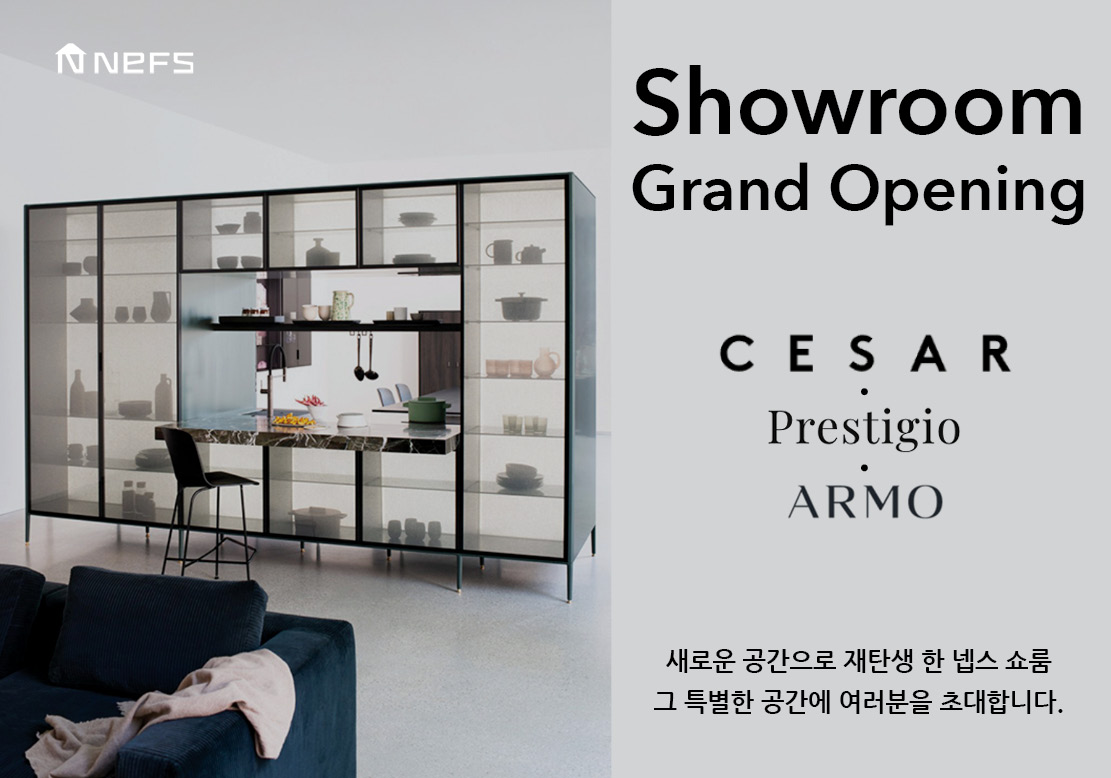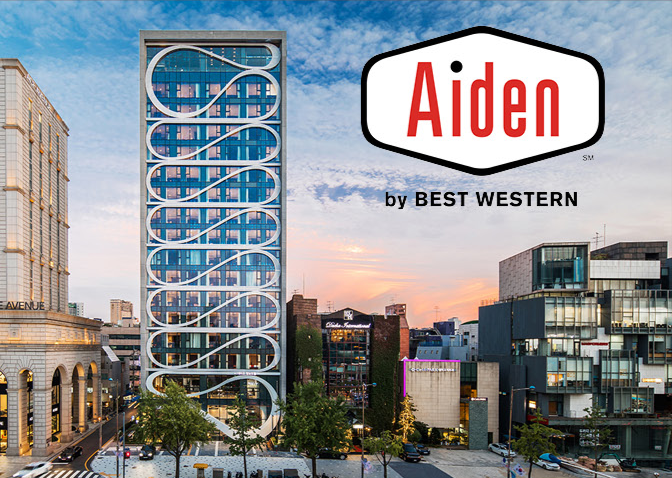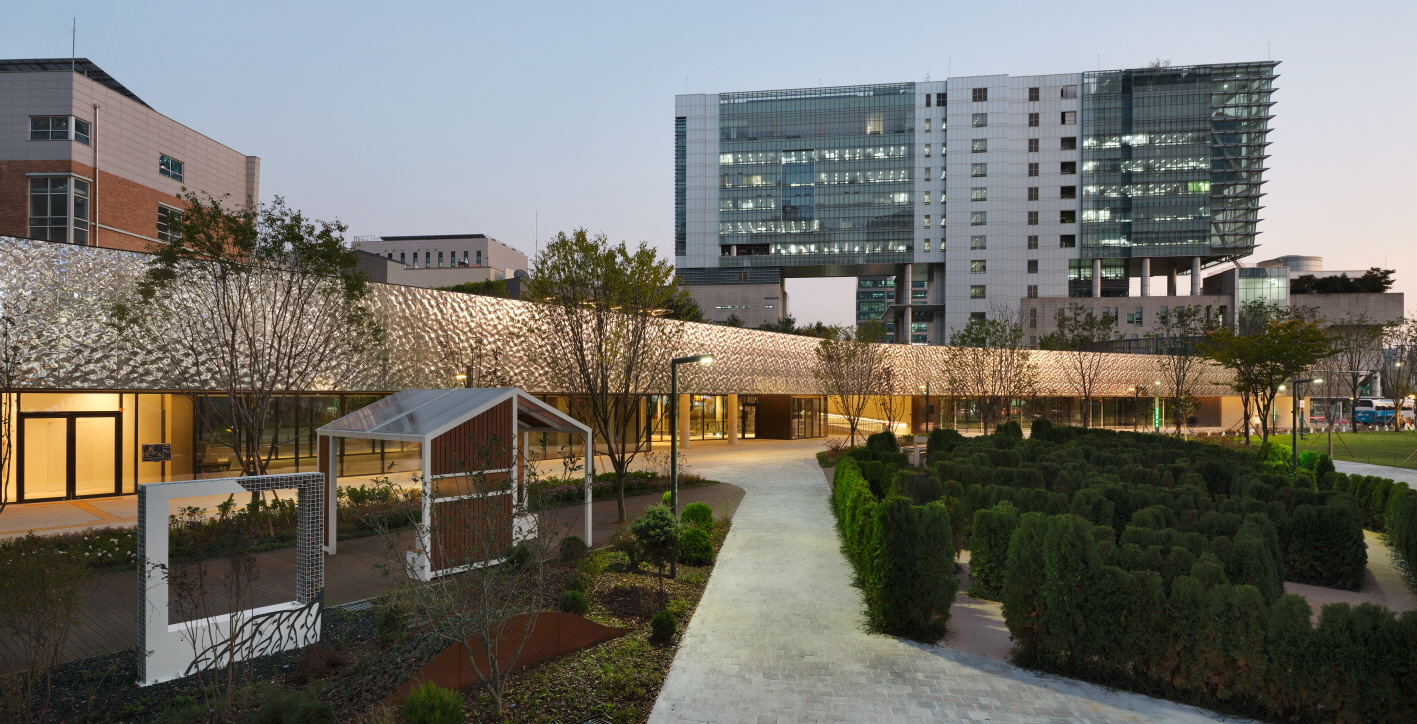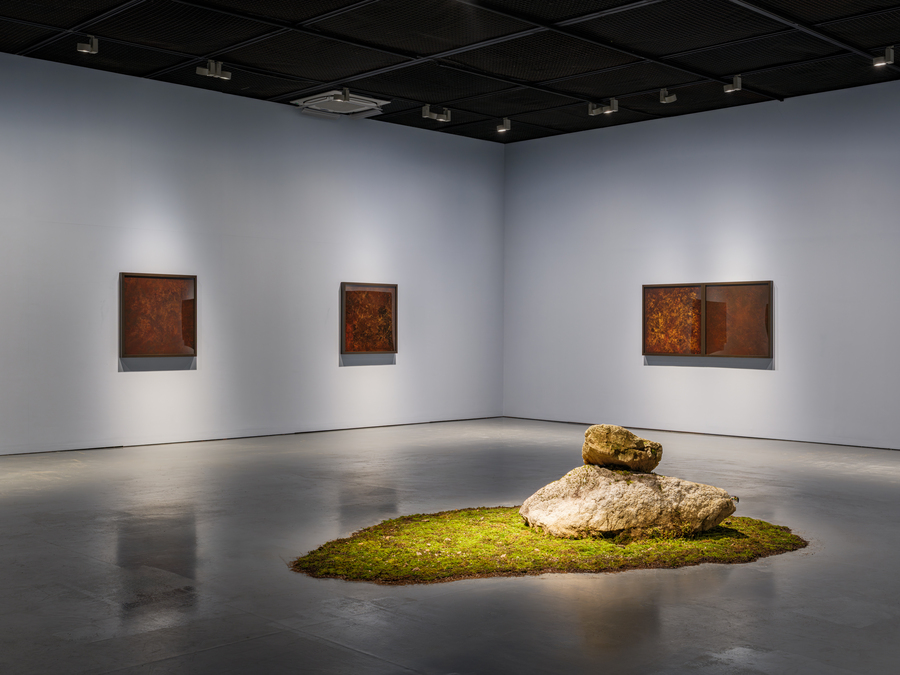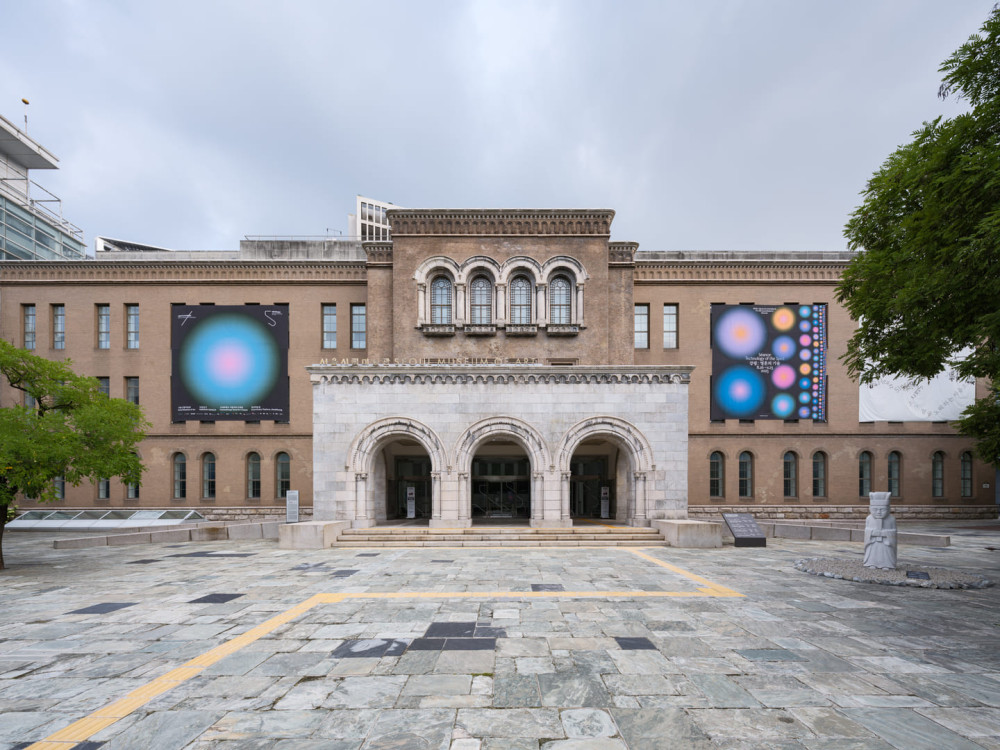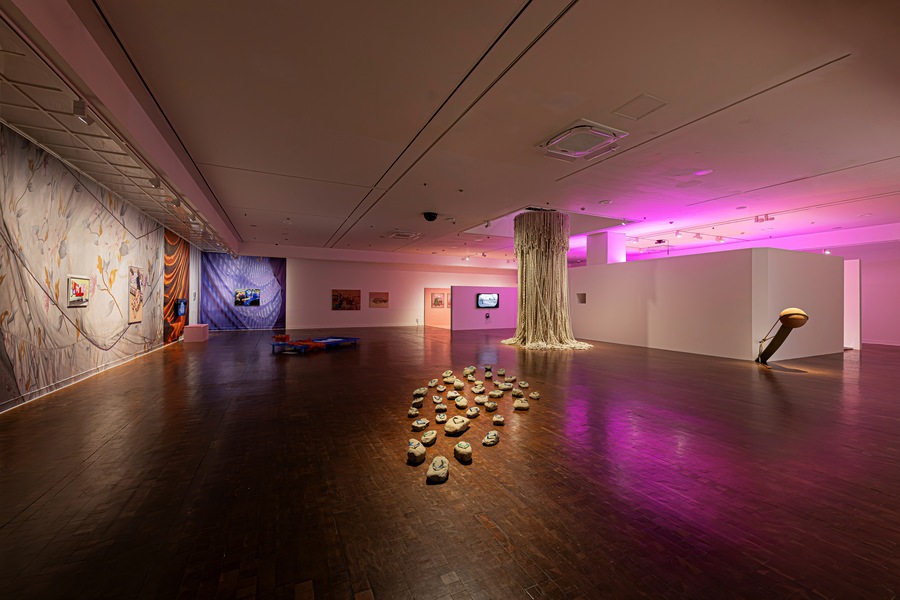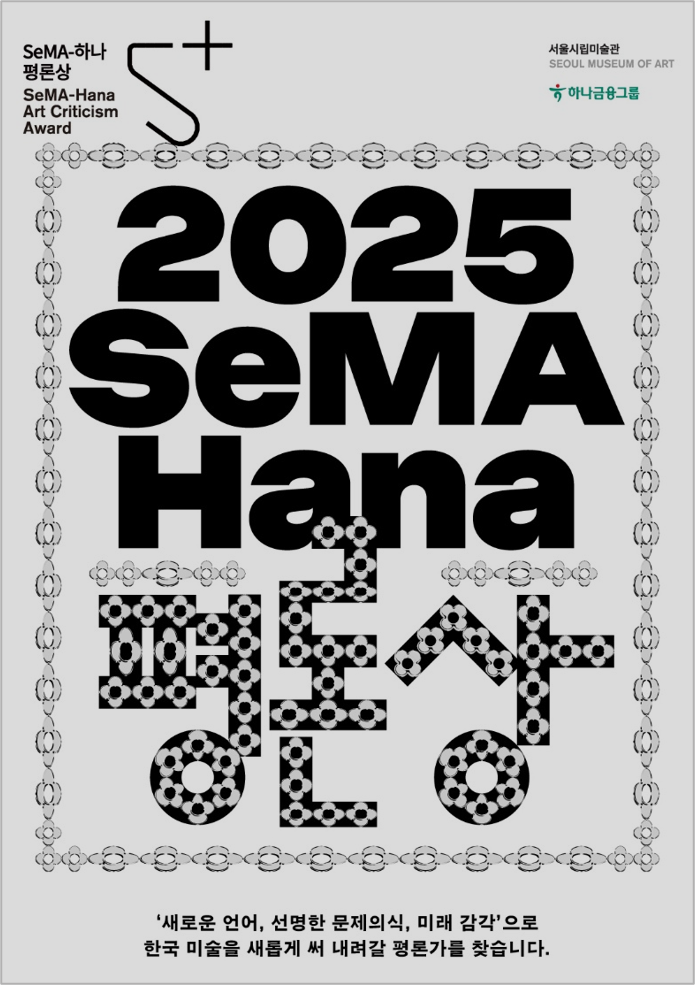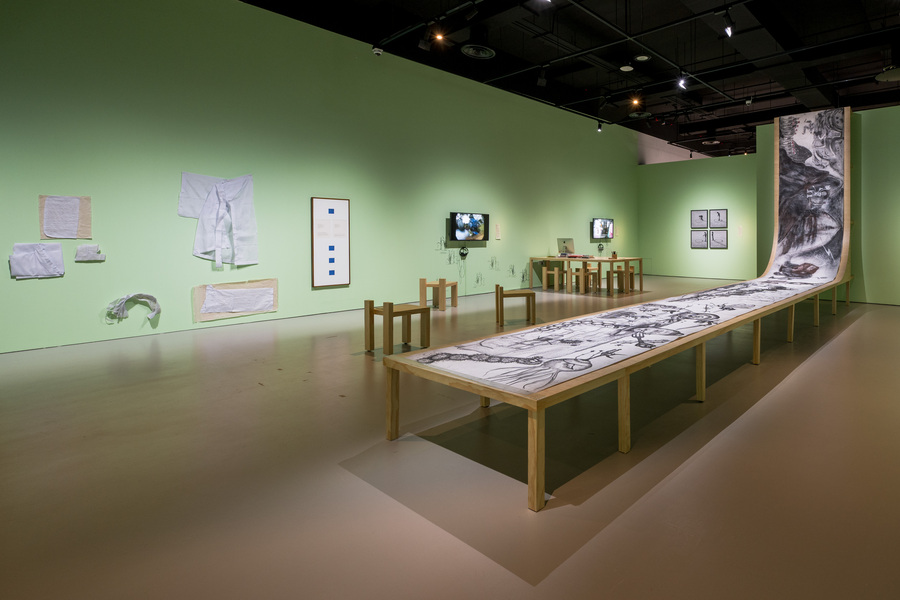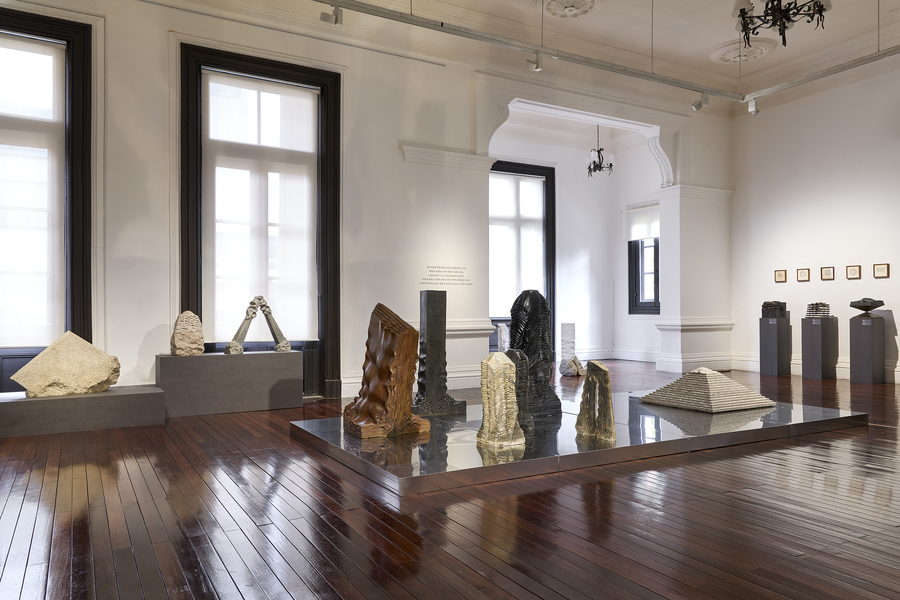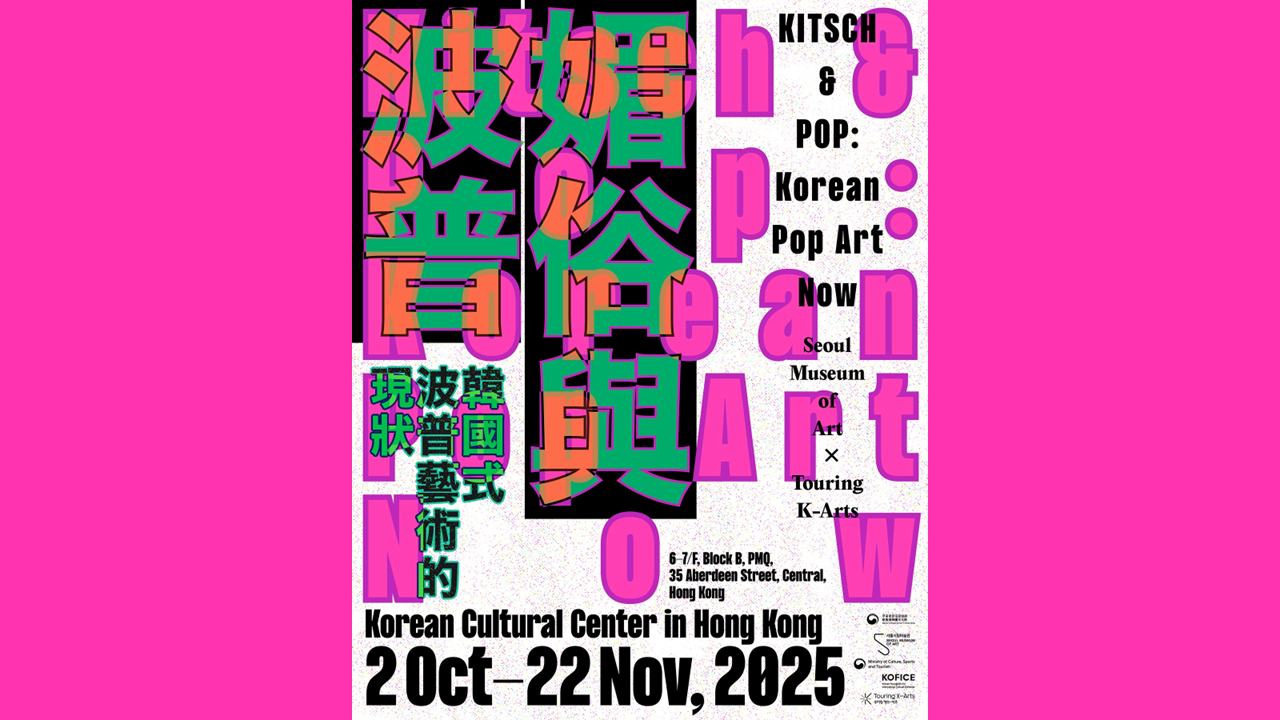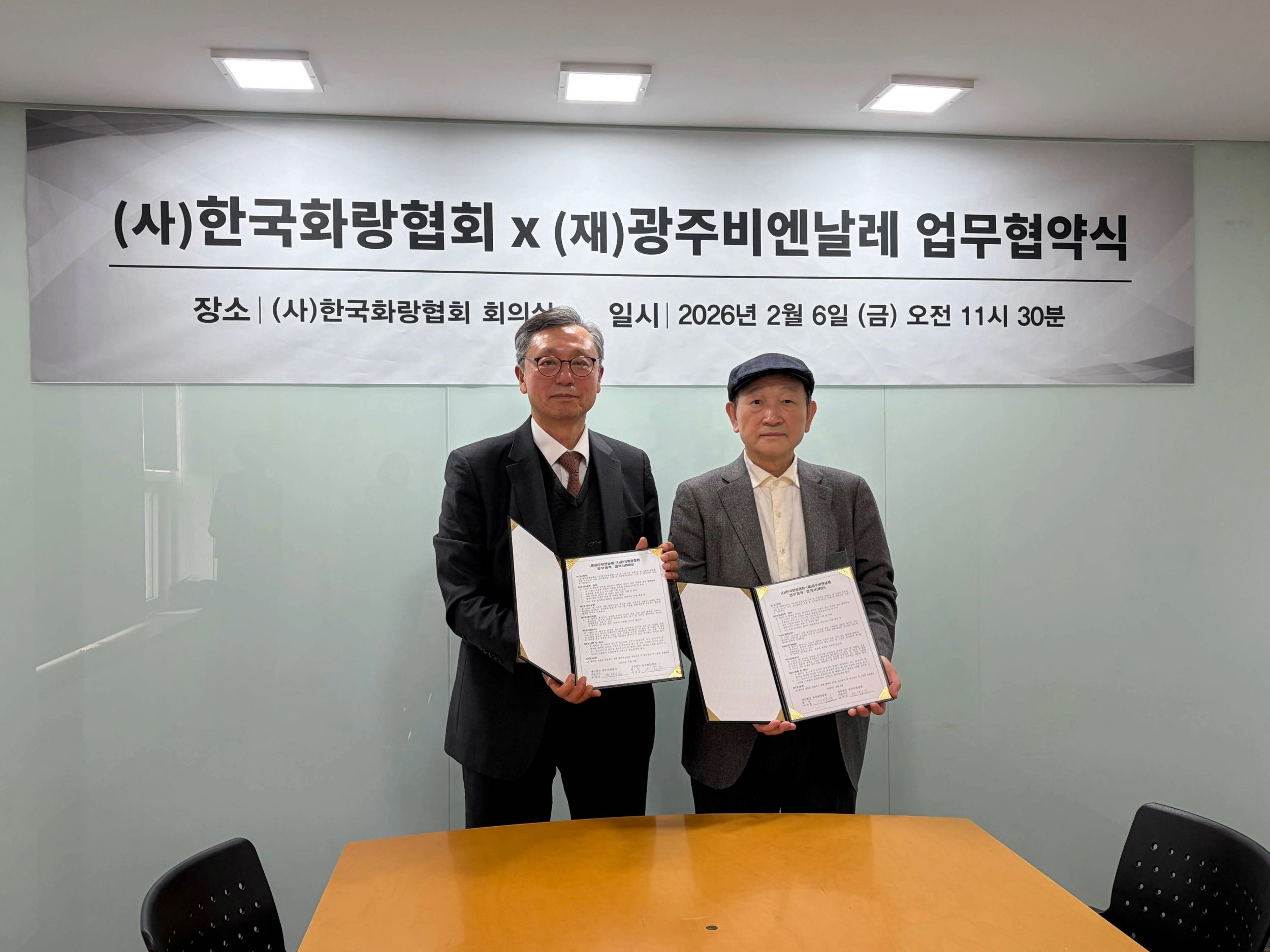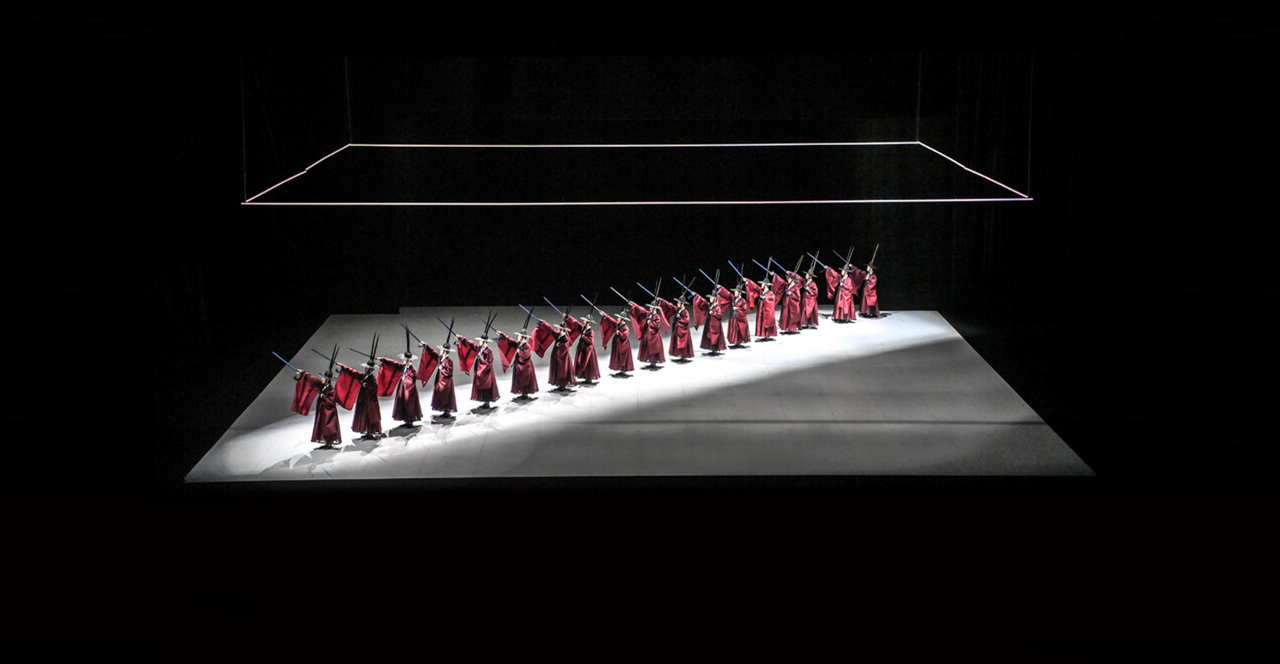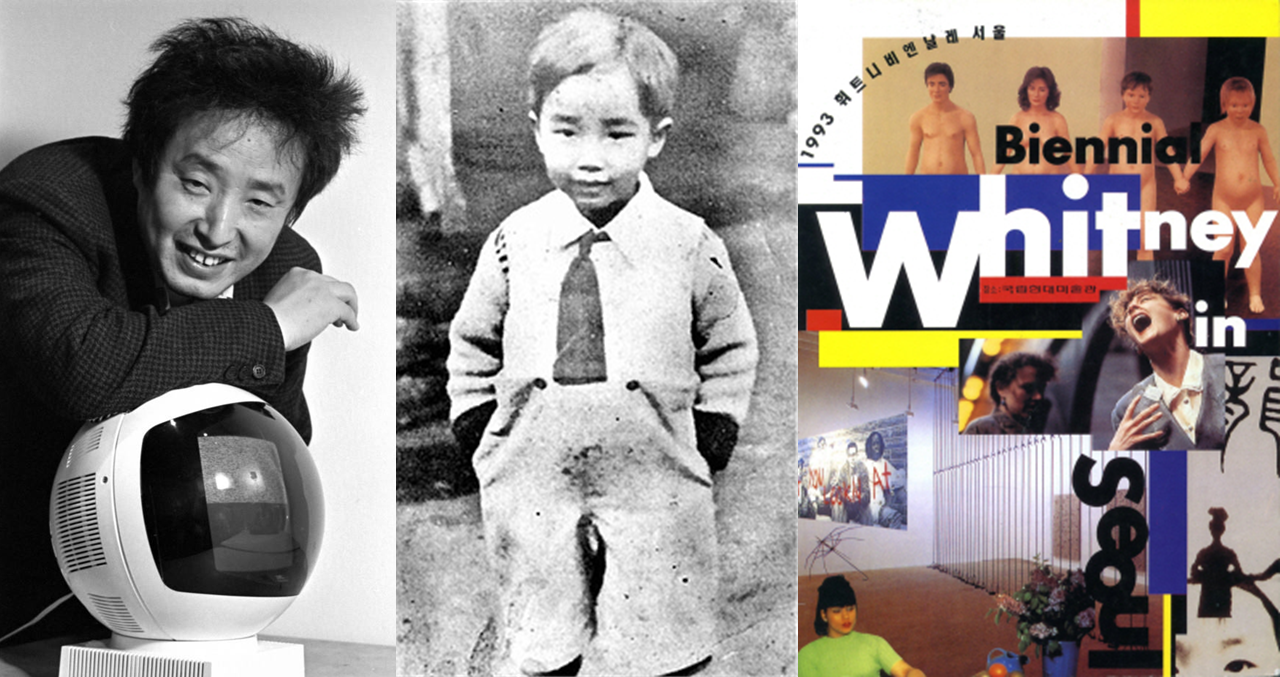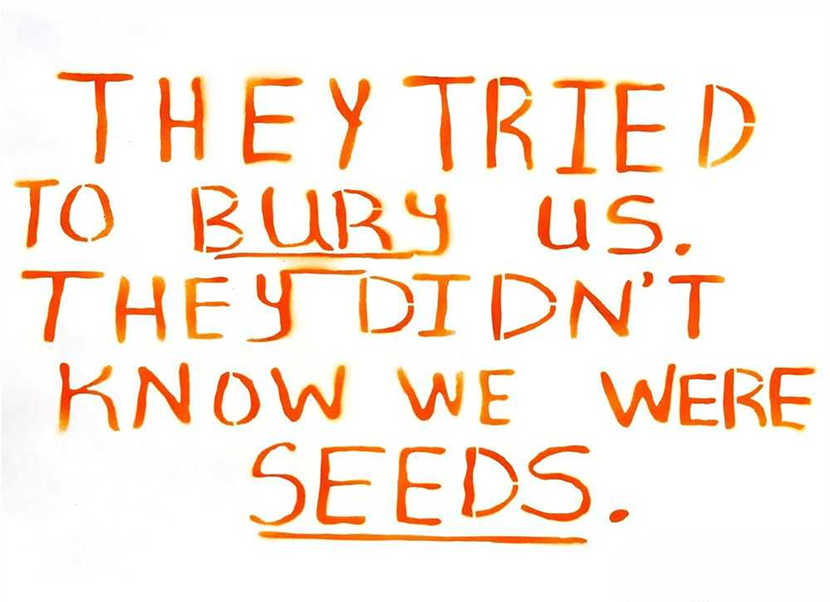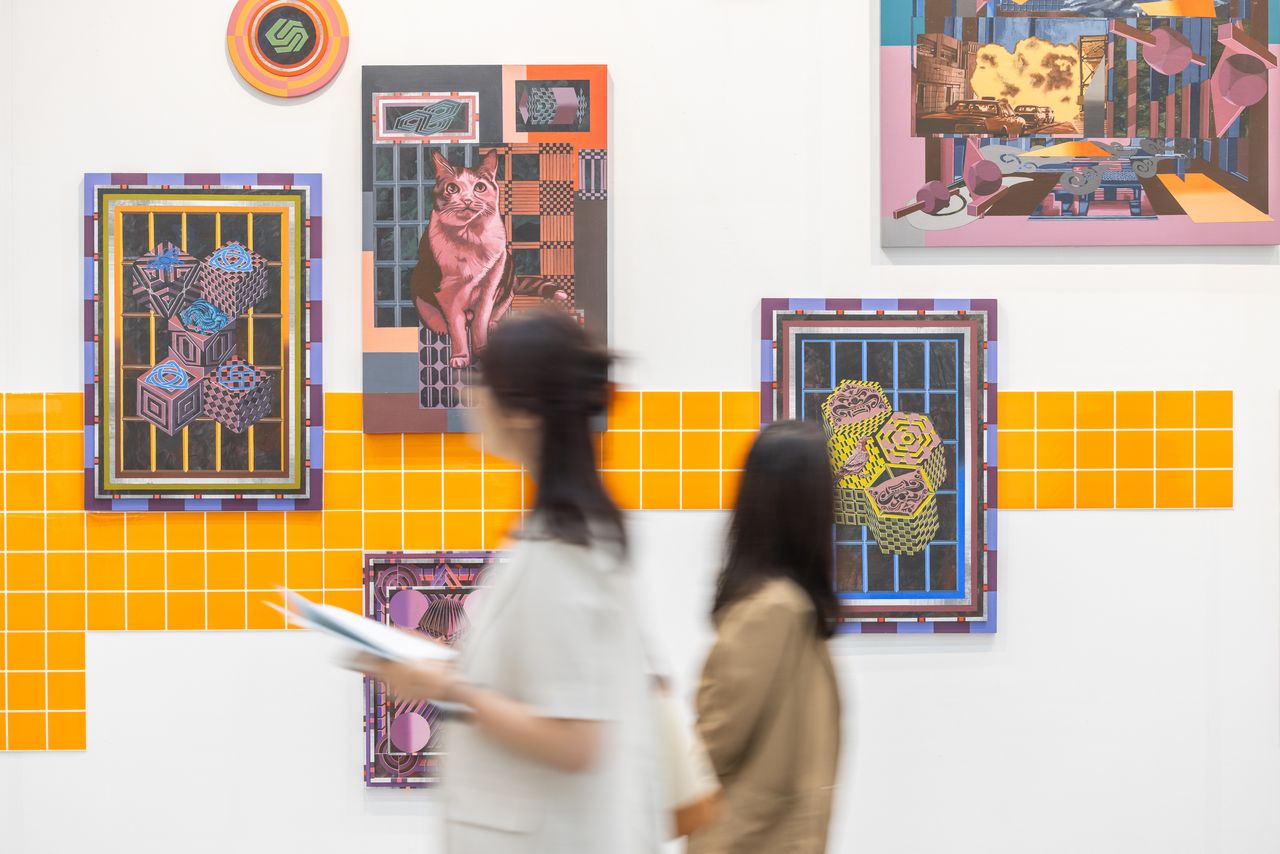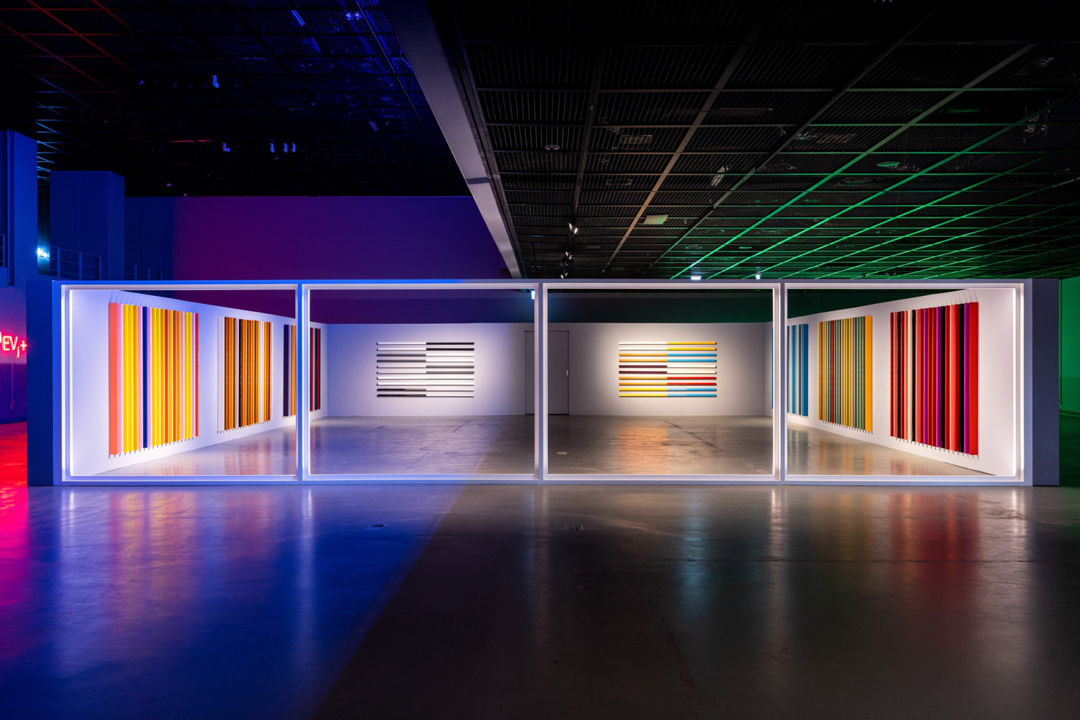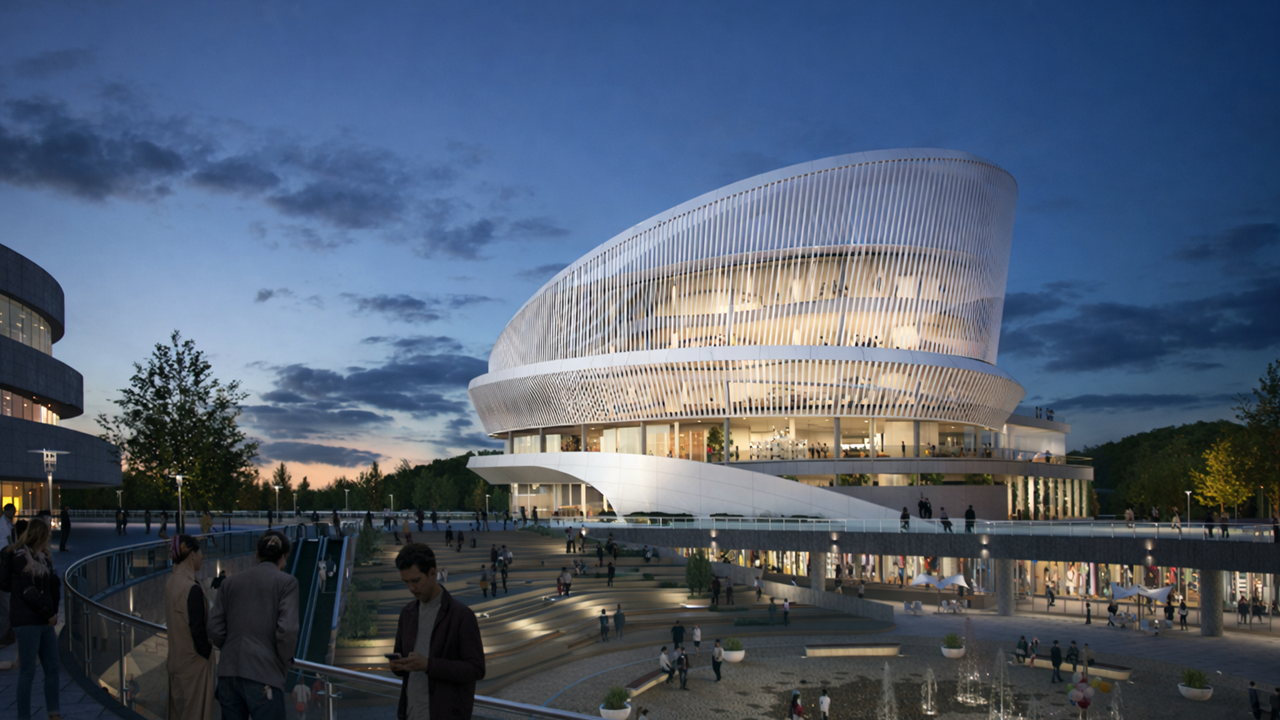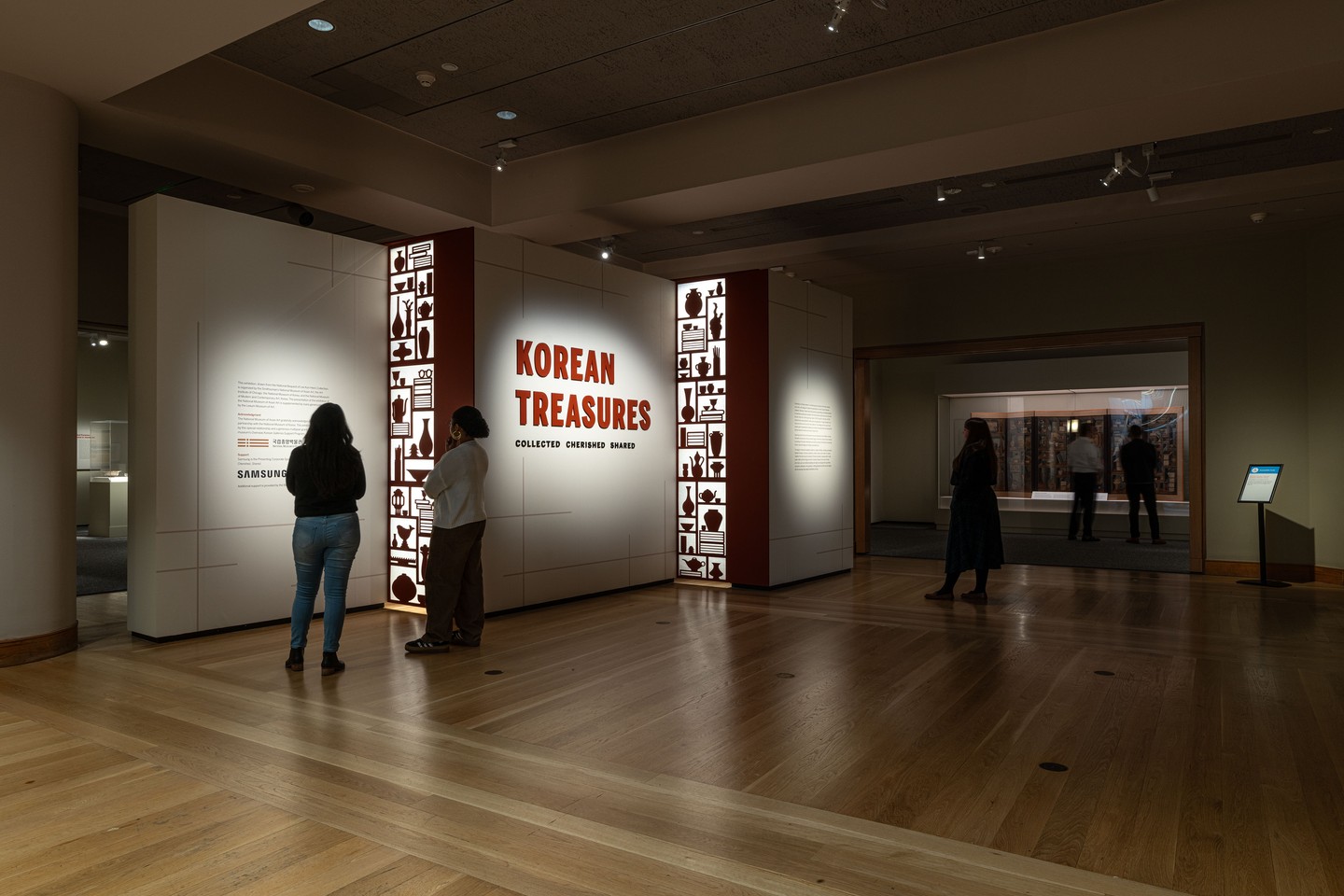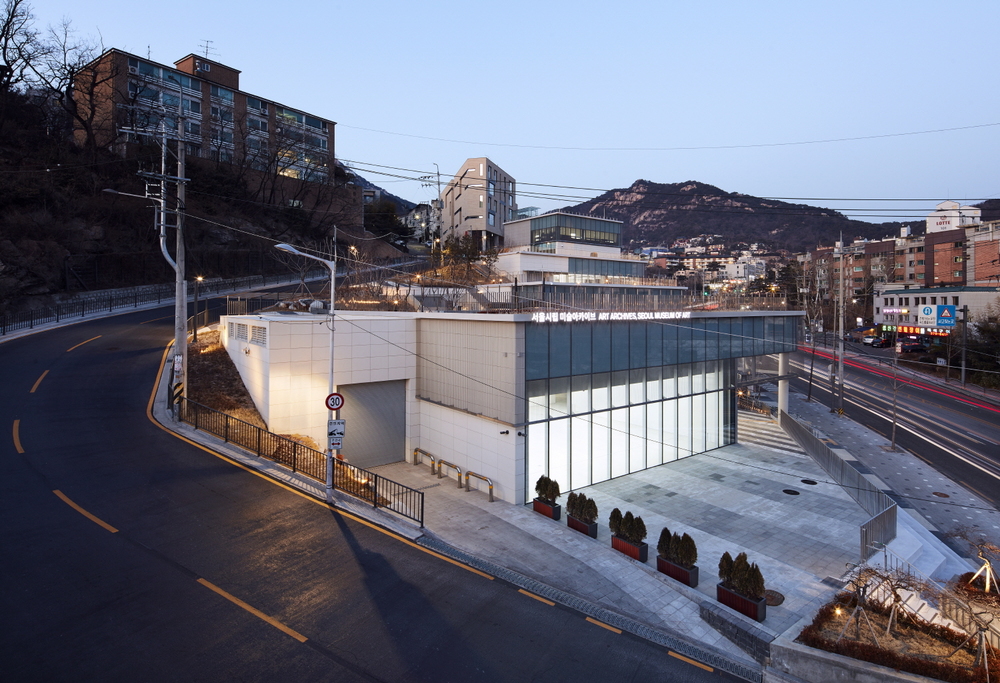 Exterior view of Art
Archives Seoul Museum of Art ©Seoul Museum of Art. Photo: Kim YongKwan.
Exterior view of Art
Archives Seoul Museum of Art ©Seoul Museum of Art. Photo: Kim YongKwan.
On May 12, the Seoul Museum of Art (SeMA)
announced the open call for the ‘2025 SeMA-Hana Art Criticism Award.’ In
response, eight previous recipients of the award released a joint statement,
urging the institution to issue an apology for a recent censorship controversy
and to take measures to prevent its recurrence.
In March, it was revealed that SeMA had
rejected an essay by critic Nam Woong that was set to be published in the
catalogue for the exhibition 《Into Other Rivers》, held at the Art Archives of Seoul Museum of Art (SeMA AA). The
institution cited concerns over neutrality, pointing to the essay’s critical
reference to former President Yoon Suk Yeol’s alleged plans to declare martial
law. This incident raised serious concerns about political censorship within
the institution.
In response, eight past recipients of the
SeMA-Hana Art Criticism Award—including Nam Woong, Kwak Yung Bin, Kim Junghyun,
Junghyun Moon, Lee Yeonsook, Jinshil Lee, Jihan Jang, and Han Gil Jang—issued a
joint statement titled "Criticism and Censorship Cannot Coexist: On the
SeMA Art Archives Catalogue Censorship Incident and the 2025 SeMA-Hana Art
Criticism Award."
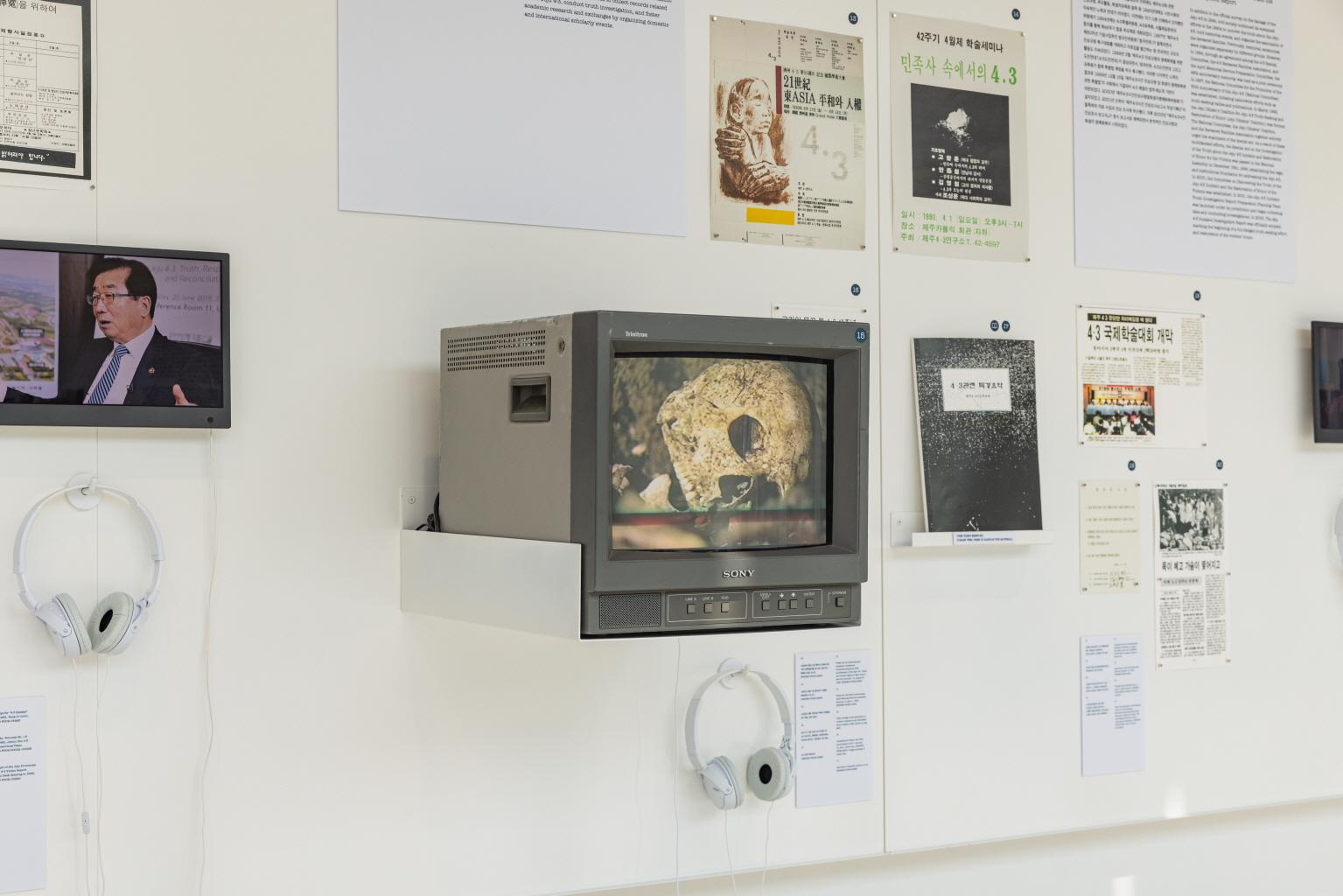 Installation view
of 《Into Other Rivers》 (Art Archives Seoul
Museum of Art, 2025) ©Seoul Museum of Art
Installation view
of 《Into Other Rivers》 (Art Archives Seoul
Museum of Art, 2025) ©Seoul Museum of Art
According to the statement, the text
submitted by Nam Woong—a 2017 recipient of the SeMA-Hana Art Criticism Award
and a human rights activist—was described as a contribution that “reflected on
the exhibition’s theme of ‘archival activism’ and enriched its meaning.”
Nonetheless, it was rejected on the grounds of “neutrality,” allegedly due to
its reference to and critique of the martial law crisis that had shaken public
memory and sentiment. The statement notes that it is difficult to accept a
situation in which the museum engages in clear censorship while still claiming
neutrality.
The critics also criticized the SeMA
director's response following media coverage of the incident. In an interview
with The Hankyoreh, the museum director claimed to be “completely unaware of
the situation” and suggested that there had been “a communication issue between
the parties involved.” In response, the critics asserted: “As the head of a
public institution, it would have been appropriate for the museum director to
clearly affirm that censorship has no place in a city-run museum, to take
responsibility for investigating whether this incident constitutes censorship,
and to offer an apology to the critic involved.”
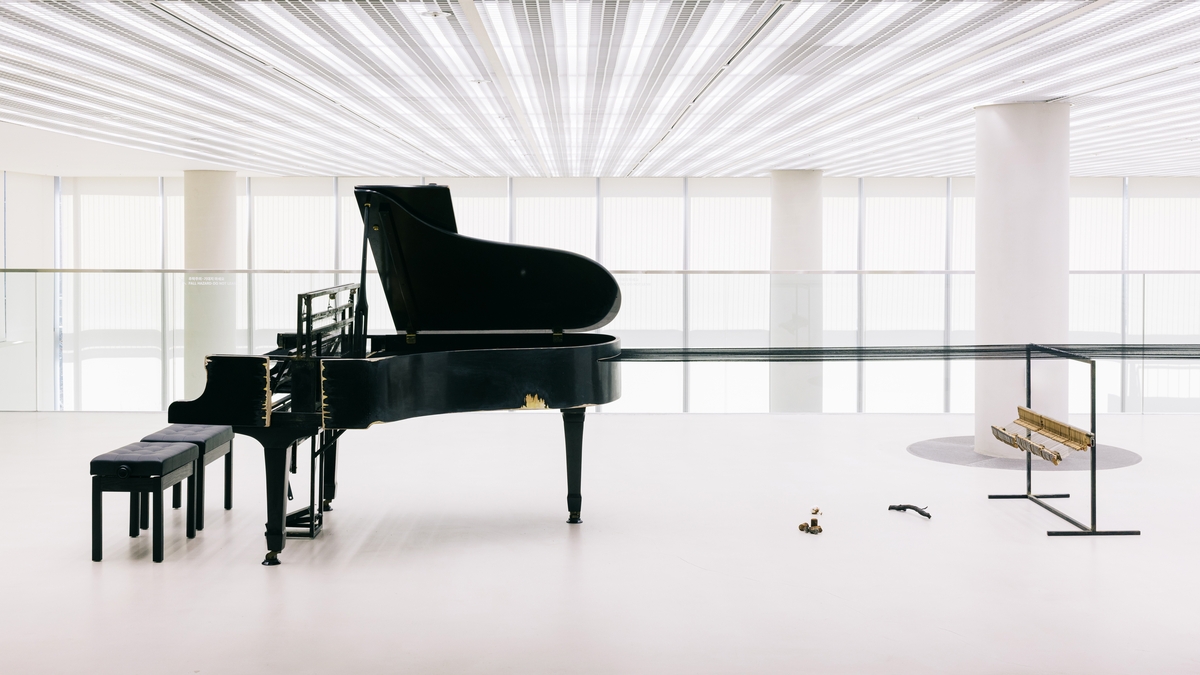 Installation view
of 《Into Other Rivers》 (Art Archives Seoul
Museum of Art, 2025) ©Seoul Museum of Art
Installation view
of 《Into Other Rivers》 (Art Archives Seoul
Museum of Art, 2025) ©Seoul Museum of Art
The statement further asserts that “calling
for new critics and writings through an open call, while knowing that a
previous awardee’s work was subject to censorship by the very institution
granting the award, is both contradictory and self-defeating.” It continues,
“Such arbitrary decision-making and lack of communication are profoundly
shocking to artists, critics, and curators—both domestic and international—who
have contributed to the public value of critical and alternative art practices,
including through this very exhibition.”
In light of this, the eight critics
demanded “a responsible explanation from the Seoul Museum of Art before
promoting the 2025 SeMA-Hana Art Criticism Award as a platform for discovering
and supporting new critical voices.” They also urged the museum to issue a
sincere apology to artists, critics, and curators affected by the censorship
incident and to make a clear commitment to preventing such occurrences in the
future.
Following the release of the statement, Nam
Woong told The Hankyoreh that “museum curatorial staff suggested that the text
could be re-included in the catalogue, claiming the censorship was a
misunderstanding,” but he said he would not accept the proposal “unless there
is an official apology and a detailed explanation of the circumstances
surrounding the initial rejection.” He added that he is seeking ways to respond
in broader solidarity with others in the art community.

